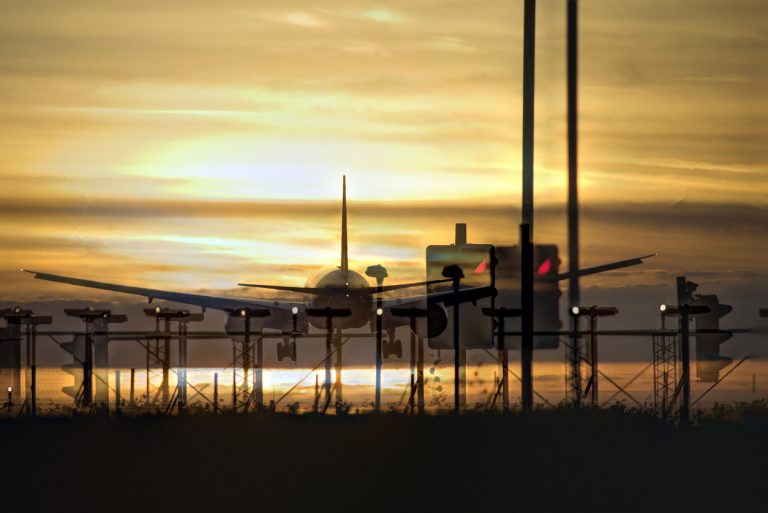London is one of the busiest cities in the world. With a population of almost 9 million and an annual tourist influx of almost 32 million, it’s safe to say that the Big Smoke’s airports, which include Heathrow, Luton, Stansted and Gatwick, are a never ending hive of activity. And these record numbers show no signs of slowing down. In fact, they’re increasing. A swelling population as well as sharp increases in tourism mean that London will struggle to meet the transport demands in regards to the number of people it can fly in and out of the city. While this is great news for the economy, it’s put a massive strain on the airports, runways and airlines that struggle to keep up with the constant demand placed on their services. To solve the issue two solutions were proposed: the construction of a third runway at Heathrow, or a complete expansion at Gatwick. And while the contract was ultimately awarded to Heathrow, is this really the right choice? Gatwick – the argument Ferrying over 44 million passengers per year, Gatwick is the UK’s second busiest airport behind Heathrow. It lies 40 kilometres from the centre of London, making it ideal for commuting quickly while still being far enough away to avoid excessive air pollution within city limits. In addition to commercial flights, there are also a fair number of charter flights from Gatwick, particularly with the rising popularity of specialised booking services. The argument for expanding the terminal is that by doing so, due to the merit of its location, London would be spared excessive noise pollution and help to ease some of the pressures that currently weigh on Heathrow. They argue that by building an extra runway at Heathrow instead, an estimated 130,000 planes will be flown over London, resulting in a massive amount of noise pollution. Heathrow – the right move? The plan to build a third runway at Heathrow is estimated to cost just shy of £18 billion and expected to be operational by 2026. Although this seems like a lot of money, it’s been proposed as the most cost effective option for accommodating the large number of expected incoming passengers in the future. It’s a small price to pay for what will supposedly bring economic benefits of up to £61 billion. However, the plan to build at Heathrow has come under harsh criticism especially where air pollution is concerned. The primary concern is that the quality of air around Heathrow is below the EU’s current health standards and will only continue to get worse if a third runway is constructed. Heathrow maintains that it has taken steps to mitigate the pollution and that its third runway will be within the parameters that the EU has set. The government has also promised to adhere to strict noise targets by encouraging the use of quieter planes as well as stricter adherence to a flight timetable to allow residents to enjoy noise breaks. Nevertheless, the public will have to wait until the runway is completely operational to determine, once and for all, if choosing to build at Heathrow was indeed the smart choice.






